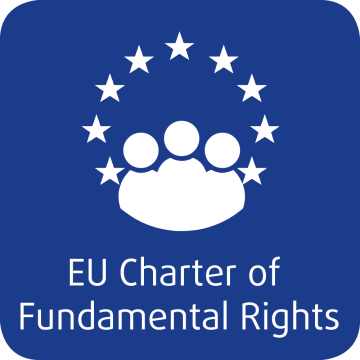
Freedom to conduct a business: exploring the dimensions of a fundamental right
The EU faces many challenges at present, not least concerning its economic future. Following the economic crisis, living standards in many places around the EU have fallen, while unemployment has risen and poverty – or fear of it – has increased. Fundamental rights should thus be increasingly mainstreamed throughout EU policies, to fulfil their potential as not only a limiting, but also a creating force with the potential to inspire change.
One important right in this context is the freedom to conduct a business, as set out in Article 16 of the Charter of Fundamental Rights of the European Union. Although one of the less traditional rights, it nonetheless introduces a concept crucial to modern society. Freedom to conduct a business is about enabling individual aspirations and expression to flourish, about encouraging entrepreneurship and innovation, and about social and economic development. This report explores how this right is conceived and applied by the EU and its Member States. To this end, it both examines the obstacles to the enjoyment of this right, and outlines promising practices around the EU that could subsequently be adapted for use in other countries.
FRA research has revealed that there are significant differences in the development and implementation of the right of freedom to conduct a business across the EU Member States, and while a number of initiatives have been implemented at both EU and the Member State level, much remains to be done to fully realise the potential of Article 16.



